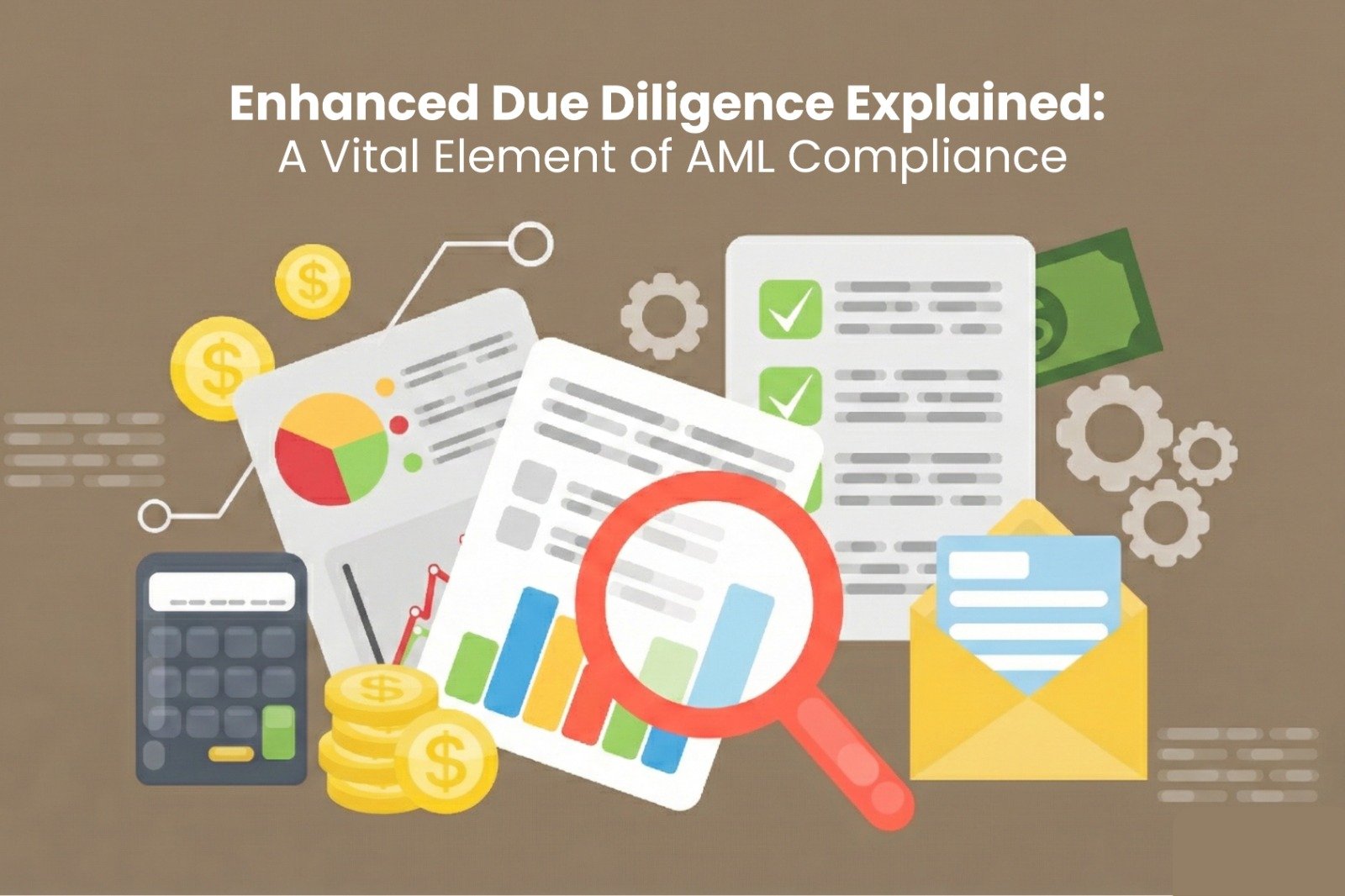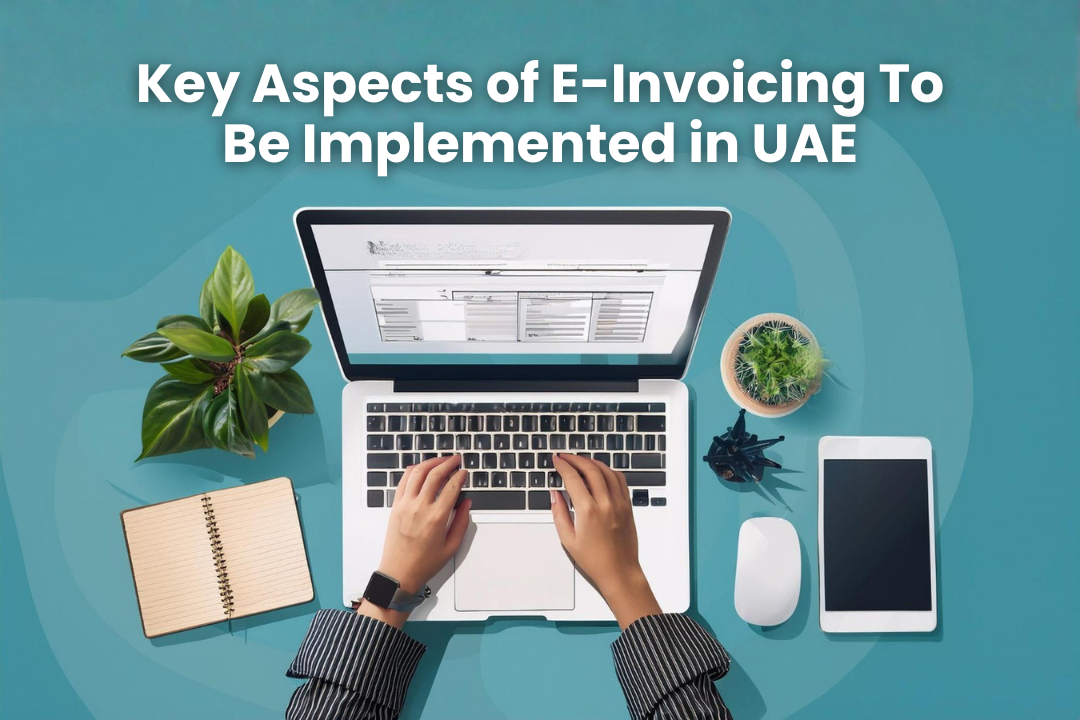Taxes are an inevitable part of running a small business. While nobody enjoys paying taxes, they are essential for funding public services and infrastructure. Corporate tax, in particular, is a crucial obligation for small businesses. To ensure you’re prepared for corporate tax season, here’s a practical guide on how small businesses can gear up for UAE corporate tax.
Understanding UAE’s Corporate Tax
Corporate tax in the UAE is levied at 9% of the taxable income after making necessary adjustments to profits as per the company’s financial statements for the tax period. The 9 % tax will be levied only if the taxable net profit of any company or organization exceeds 375,000 AED.
Tips For Small Businesses
1. Choose the Right Business Structure
The first step in preparing for corporate taxes is selecting the appropriate business structure. The UAE offers various business structures, including mainland companies, Free Zone Companies, and Branch Offices. Each structure has its tax implications. Consult with a local tax expert or business advisor to choose the structure best suits your small business and its tax obligations.
2. Maintain Accurate Financial Records
Accurate financial record-keeping is the foundation of good corporate tax preparation. You can also make use of accounting software to track income, expenses, and transactions throughout the year. Organize and retain receipts, invoices, and all other relevant documents and information related to the accounting transactions. The Small and Medium sized entities having revenues less than AED 50 million may apply International Financial Reporting Standards for small and medium-sized entities (“IFRS for SMEs”).This meticulous record-keeping simplifies the tax filing process and reduces the risk of errors or audits.
3. Understand Deductions and Exemptions
Familiarize yourself with the deductions and tax exemptions available to businesses. Common deductions include rent, utilities, employee wages, and marketing expenses. Stay informed and updated about changes in tax laws that may affect your eligibility for deductions and credits.
4. Plan for Estimated Tax Payments
Tax should be paid within 9 months from the end of the tax period. Non-payment can result in penalties and charges for delayed payments. Consult with a tax professional to determine the appropriate payment amounts.
5. Seek Professional Assistance for UAE Corporate Tax
Navigating UAE tax laws can be complex, so it’s advisable to seek the assistance of a qualified tax advisor or accountant who understands local regulations. They can help ensure that your business remains compliant with Corporate Taxation regulations and assist with tax planning to minimize tax liability.
6. Stay Informed and Plan Strategically
UAE tax laws and regulations can change over time. Stay informed about any updates or amendments to tax laws that could affect your business. Collaborate with your tax advisor to create a tax strategy that optimizes your financial position while ensuring compliance with UAE tax regulations. Proactive tax planning can save your business money in the long run.
7. Review Your Financial Statements
Before filing your corporate tax return, carefully review your financial statements, including your balance sheet, income statement, and cash flow statement. Ensure that they are accurate and complete. Any discrepancies or errors should be corrected before submitting your tax return to avoid potential issues with tax authorities.
8. Register for UAE Corporate Tax and Keep track of Deadlines
Be aware of the tax filing and payment deadlines. Missing deadlines can result in penalties and fines.
Gearing up your small business for corporate tax involves careful planning, accurate record-keeping, and compliance with tax laws and regulations. By following these practical steps and seeking professional assistance when needed, you can confidently navigate the corporate tax landscape and minimize your tax burden, allowing your business to thrive. Remember that taxes are integral to your business responsibilities, and handling them diligently is essential for your financial success.












